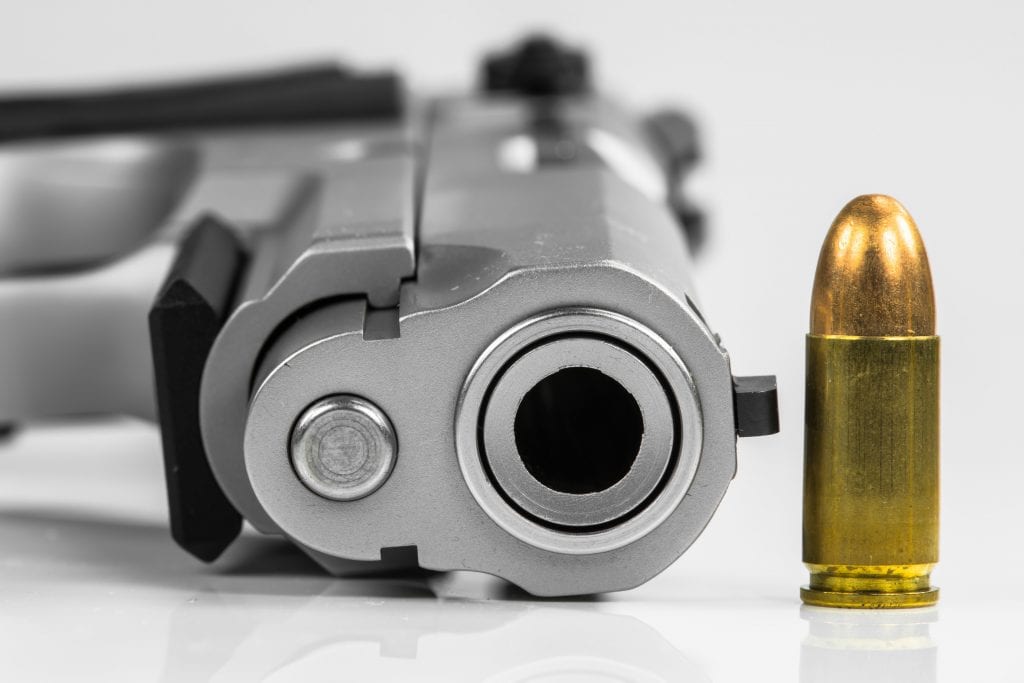
While it may appear at first glance that this story could only be important to the man whose federal appeal earned him the right to carry a weapon in Michigan, the implications are huge for people all over the nation. You might wonder how one man’s federal appeal impact your life or the lives of others in the U.S? The answer, it turns out, is critical for everyone who has ever been diagnosed with a mental illness and yet hopes to exercise their Second Amendment rights.
74-year-old Clifford Tyler of Hillsdale, Michigan believes that his Constitutional right to bear arms was violated by a federal law that forbids those who have been admitted to a mental hospital, from owning guns. On the surface, it may appear to be a smart law that protects the majority from a possibly dangerous minority. But that is never the full picture.
In 1985, Tyler’s life as he knew it, fell apart. His wife ran off with another man. She burned through the couple’s saving account, and then filed for divorce. Tyler was struggling with despair, as would any normal person in his shoes. His daughters, fearing for his mental health during this dark time, expressed concerns that their father may be a danger to himself.
As a result, Tyler was hospitalised under court order for a minimum of two weeks. From there however, the story gets better. Tyler was deemed safe, and released from the hospital. He went on to overcome his depression. He continued to work for another twenty years. Fourteen years after his first wife left him, he fell in love and remarried. However, that two week span in hospital continued to haunt him decades later.
Due to his brief and possibly unnecessary hospitalization in the mid eighties, Tyler was forbidden by federal law to own a gun. In 2011 Tyler attempted to purchase a gun, but failed the FBI test due to “mental illness.” He felt that was a violation of his Second Amendment rights. Tyler took his case to the United States District Court of Appeals. The case turned out to be an important enough issue that a total of 16 judges weighed in on the decision.
In the end, it was decided that the ban on Tyler’s ability to own a gun was a violation of his Second Amendment Constitutional rights. In the leading opinion, Federal Judge Julia Smith Gibbons wrote that “There is no indication of the continued risk presented by people who were involuntarily committed many years ago and who have no history of intervening mental illness, criminal activity or substance abuse.”
Not every judge on the panel agreed with the decision, though. Judge Karen Nelson Moore wrote in her dissenting opinion that “The government has demonstrated that (the law) is substantially related to Congress’ objectives of reducing the substantial homicide and suicide rates caused by firearms.”
The case has been sent back to the United States District Court in Grand Rapids, MI, where the federal government is now tasked with having to determine whether or not a lifetime weapons ban on Tyler is the right choice, or the wrong one. As defense attorneys who believe strongly in protecting the individual rights of citizens, we sincerely hope that Mr. Tyler gets his gun.
If you are being denied the right to own a gun, read more information at www.RestoreMyGunRights.info







